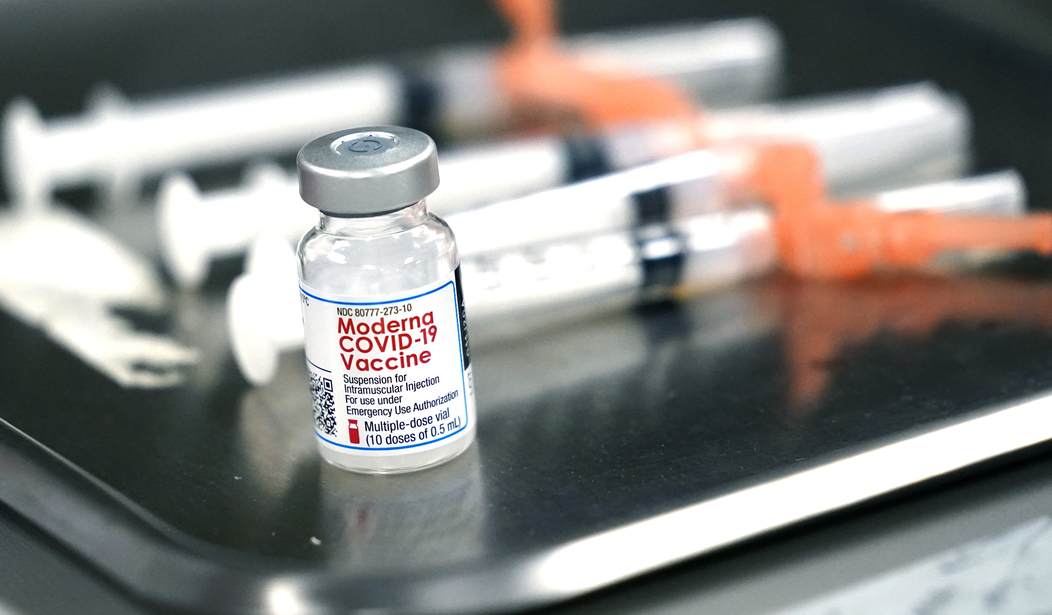I love the COVID-19 vaccines. I am truly blown away by the new mRNA vaccines and how amazingly effective they are. I love it so much that I eagerly lined up for my own vaccination when it became available. As a middle-aged man, I recognize that my risk of serious complications or death is increasing as I age, so I am happy to be protected by this incredible new technology.
That does not mean, however, that I am ready to give the COVID-19 vaccine to my kids. Children are at vanishingly low risk of dying from COVID and any vaccine to mitigate such a low risk must be safer than the minimal risk it is attempting to mitigate. Basically, the cure cannot be worse than the disease.
Thus far, these vaccines have been given emergency use authorization by the U.S. Food and Drug Administration (FDA) for adults. Pfizer and Moderna are now seeking an EUA for COVID vaccine use in children. Preliminary study results are highly encouraging.
But, is an EUA the correct mechanism needed for approval of childhood COVID vaccines? The expedited EUA process was appropriate when trying to rapidly make available a vaccine for high-risk adults for whom time was of the essence. For children, the hurried pace may not be needed.
Children are not dying in large numbers from this pandemic. COVID-19 drastically disproportionately affects the elderly who are up to 7,900 times more likely to die from COVID than are children. Eighty-one percent of COVID deaths occur in those age 65 and older, many of whom had dementia or other advanced diseases. Any COVID vaccine for children must be fully scrutinized and incredibly safe. The purpose of the EUA is to mitigate an urgent risk and that does not exist with children.
Recommended
Under the EUA, vaccines must be shown to be safe two months after administration. Though unlikely, it is conceivable that delayed negative side-effects could occur which could go undetected by this approach and only show up in post-marketing data after millions of doses have been given. This small risk may be acceptable in high-risk elderly, but if they were to occur in children with their longer life expectancy, they would have many more years in which to potentially suffer these theoretical harms. The more rigorous standard FDA approval process would better weed out these delayed effects and provide more confidence to parents considering giving them to their children.
The standard authorization approach also more thoroughly assesses the manufacturing process. It is possible that such an assessment would have headed off the recent loss of 15 million Johnson and Johnson vaccines from an ingredient mix-up.
Though there are attempts to be as thorough as possible with an EUA, we simply do not know as much about a vaccine authorized under an EUA compared to the traditional approach. An example of this is that Pfizer recently changed the storage requirement for their mRNA vaccine. Though it may seem like a small point, what this demonstrates is that we are still learning about these vaccines.
It is already presumed that COVID may be with us for the long haul. As it is currently unknown how long the COVID vaccine immunity will last, children are likely to require repeated doses of the vaccine. This is meaningful as flu-like side-effects are more common in the young and could be more severe than the symptoms experienced by the infection itself. This was manifest in my own family as my son, who contracted COVID, experienced fewer symptoms from the infection than I did from the vaccine.
As their risk is low, causing our children to experience repeated side-effects while deriving minimal absolute risk reduction from the vaccine could unnecessarily create a generation opposed to vaccinations.
A better approach may be to skip the COVID vaccination of children altogether. Instead, consider making the COVID vaccines age and risk dependent as is already done for other vaccines such as Shingrix (shingles) and the Pneumococcal (pneumonia) vaccine. These vaccines are not given to healthy adolescents but instead to high-risk groups for whom the benefit may justify the side effects.
I am a big fan of the vaccines, in the correct people. It may prove that children are in this group. However, we should not rush vaccine approval if the urgency does not exist. Instead, we should take a cautious, reasoned approach regarding vaccinating our children for COVID-19. It reminds me of the advice I received when I was on the hospital code team, “when responding to a code, the first pulse you should check is your own.”
Chad Savage, M.D. (info@d4pcfoundation.org) is a Heartland Institute Policy Adviser. Docs 4 Patient Care Foundation policy fellow and the founder of the DPC practice YourChoice Direct Care in Brighton, Michigan.

























Join the conversation as a VIP Member